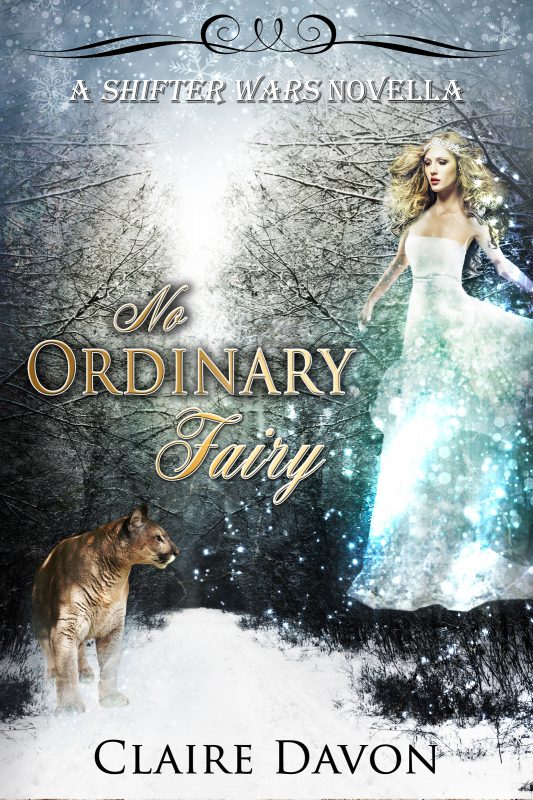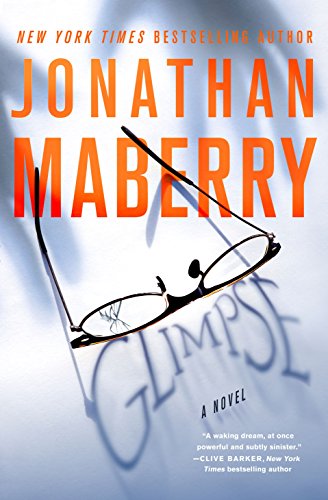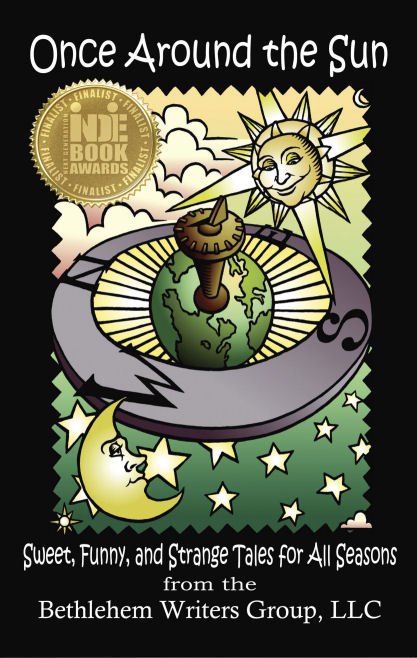The Law Is a Ass: Women’s History and the Law @LyndiLamont
September 16, 2014 by Lyndi Lamont in category The Romance Journey by Linda Mclaughlin tagged as divorce, England, history, Linda McLaughlin, marriage, research, women's history“If the law supposes that,” said Mr. Bumble,… “the law is a ass—a idiot. If that’s the eye of the law, the law is a bachelor; and the worst I wish the law is that his eye may be opened by experience—by experience.”
The quote above is generally attributed to Charles Dickens, Oliver Twist, published serially 1837-39, per Bartleby though Dickens may have copied it from a 17th century play, Revenge for Honour by George Chapman. (See http://www.phrases.org.uk/meanings/the-law-is-an-ass.html) Whatever the origin of the phrase, it makes a fair point. (The word ass, of course, refers to a donkey.)
Nineteenth-century women were likely to agree with Mr. Bumble, when one considers the treatment of women under the laws of the period. I covered a bit of this during my recent talk on Herstory at Orange County RWA in August, though women weren’t the only people treated badly by the law. The nineteenth century saw a number of reform movements, from abolitionism to the fight for women’s suffrage. The latter was kicked off in July 19-20, 1848 in Seneca Falls, N.Y. The first two resolutions passed at the convention concern legal matters:
Resolved, That such laws as conflict, in any way, with the true and substantial happiness of woman, are contrary to the great precept of nature, and of no validity; for this is “superior in obligation to any other.
Resolved, That all laws which prevent woman from occupying such a station in society as her conscience shall dictate, or which place her in a position inferior to that of man, are contrary to the great precept of nature, and therefore of no force or authority.
It wasn’t just that women weren’t allowed to vote, though that was a primary focus for reform. For several centuries, a legal practice called coverture was in place in England and the U.S. whereby a woman gave up all rights when she married. Her husband controlled any money or property she brought to the union. Single women, including widows, could own property and enter into contracts without male approval. Thanks to suffragist activism, laws were passed abolishing this practice in the late 19th century.
Current law is confusing enough, but when you’re writing historical romance, the law can be a veritable minefield of potential blunders. Research your time period and location if legal matters play a part in your plot. What kind of legal system was in place at the time? English common law, the Napoleonic Code, church canonical law? In the U.S., laws vary from state to state, but that isn’t always the case in other countries.
British laws were enforced throughout England and Wales, but didn’t necessarily apply to Scotland. For instance, in the 18th and early 19th centuries, the age of consent for marriage was substantially lower in Scotland than the one-and-twenty years required in England, encouraging couples without parental approval to elope across the border. The Gretna Green marriage is common plot device in Regency romances. The 1753 Marriage Act was also the first law to require a formal ceremony. It also required weddings to take place in the morning, hence the wedding breakfast to follow.
Getting out of a marriage was even more difficult. Prior to the mid-19th century when judicial divorce was authorized, it was extremely difficult if not impossible to get a divorce in Britain. In Regency times, one had to petition Parliament for a divorce. Can you imagine having to ask Congress to agree to let someone divorce? Yikes! Even then it was more like a legal separation than a true divorce. Annulments weren’t necessarily easy to obtain either. A law permitting judicial divorce, the Matrimonial Causes Act, finally passed in 1857.
More information on marriage and divorce laws can be found at these sites:
A Brief History of Marriage: Marriage Laws and Women’s Financial Independence by
Karen Offen
Kelly Hager, “Chipping Away at Coverture: The Matrimonial Causes Act of 1857”
Linda McLaughlin
0 0 Read moreAffiliate Links
A Slice of Orange is an affiliate with some of the booksellers listed on this website, including Barnes & Nobel, Books A Million, iBooks, Kobo, and Smashwords. This means A Slice of Orange may earn a small advertising fee from sales made through the links used on this website. There are reminders of these affiliate links on the pages for individual books.
Search A Slice of Orange
Find a Column
Archives
Featured Books
GLIMPSE
A chilling thriller that explores what happens when reality and nightmares converge, and how far one will go to protect the innocent when their own brain is a threat.
More info →ONCE AROUND THE SUN: Sweet, Funny, and Stranges Tales for All Seasons
Stories about winter, spring, summer and fall, and seasons of life, seasons of love, and even seasons of discovery.
More info →Newsletter
Contributing Authors
Search A Slice of Orange
Find a Column
Archives
Authors in the Bookstore
- A. E. Decker
- A. J. Scudiere
- A.J. Sidransky
- Abby Collette
- Alanna Lucus
- Albert Marrin
- Alice Duncan
- Alina K. Field
- Alison Green Myers
- Andi Lawrencovna
- Andrew C Raiford
- Angela Pryce
- Aviva Vaughn
- Barbara Ankrum
- Bethlehem Writers Group, LLC
- Carol L. Wright
- Celeste Barclay
- Christina Alexandra
- Christopher D. Ochs
- Claire Davon
- Claire Naden
- Courtnee Turner Hoyle
- Courtney Annicchiarico
- D. Lieber
- Daniel V. Meier Jr.
- Debra Dixon
- Debra H. Goldstein
- Debra Holland
- Dee Ann Palmer
- Denise M. Colby
- Diane Benefiel
- Diane Sismour
- Dianna Sinovic
- DT Krippene
- E.B. Dawson
- Emilie Dallaire
- Emily Brightwell
- Emily PW Murphy
- Fae Rowen
- Faith L. Justice
- Frances Amati
- Geralyn Corcillo
- Glynnis Campbell
- Greg Jolley
- H. O. Charles
- Jaclyn Roché
- Jacqueline Diamond
- Janet Lynn and Will Zeilinger
- Jaya Mehta
- Jeff Baird
- Jenna Barwin
- Jenne Kern
- Jennifer D. Bokal
- Jennifer Lyon
- Jerome W. McFadden
- Jill Piscitello
- Jina Bacarr
- Jo A. Hiestand
- Jodi Bogert
- Jolina Petersheim
- Jonathan Maberry
- Joy Allyson
- Judy Duarte
- Justin Murphy
- Justine Davis
- Kat Martin
- Kidd Wadsworth
- Kitty Bucholtz
- Kristy Tate
- Larry Deibert
- Larry Hamilton
- Laura Drake
- Laurie Stevens
- Leslie Knowles
- Li-Ying Lundquist
- Linda Carroll-Bradd
- Linda Lappin
- Linda McLaughlin
- Linda O. Johnston
- Lisa Preston
- Lolo Paige
- Loran Holt
- Lynette M. Burrows
- Lyssa Kay Adams
- Madeline Ash
- Margarita Engle
- Marguerite Quantaine
- Marianne H. Donley
- Mary Castillo
- Maureen Klovers
- Megan Haskell
- Melanie Waterbury
- Melisa Rivero
- Melissa Chambers
- Melodie Winawer
- Meriam Wilhelm
- Mikel J. Wilson
- Mindy Neff
- Monica McCabe
- Nancy Brashear
- Neetu Malik
- Nikki Prince
- Once Upon Anthologies
- Paula Gail Benson
- Penny Reid
- Peter Barbour
- Priscilla Oliveras
- R. H. Kohno
- Rachel Hailey
- Ralph Hieb
- Ramcy Diek
- Ransom Stephens
- Rebecca Forster
- Renae Wrich
- Roxy Matthews
- Ryder Hunte Clancy
- Sally Paradysz
- Sheila Colón-Bagley
- Simone de Muñoz
- Sophie Barnes
- Susan Kaye Quinn
- Susan Lynn Meyer
- Susan Squires
- T. D. Fox
- Tara C. Allred
- Tara Lain
- Tari Lynn Jewett
- Terri Osburn
- Tracy Reed
- Vera Jane Cook
- Vicki Crum
- Writing Something Romantic
Affiliate Links
A Slice of Orange is an affiliate with some of the booksellers listed on this website, including Barnes & Nobel, Books A Million, iBooks, Kobo, and Smashwords. This means A Slice of Orange may earn a small advertising fee from sales made through the links used on this website. There are reminders of these affiliate links on the pages for individual books.









































